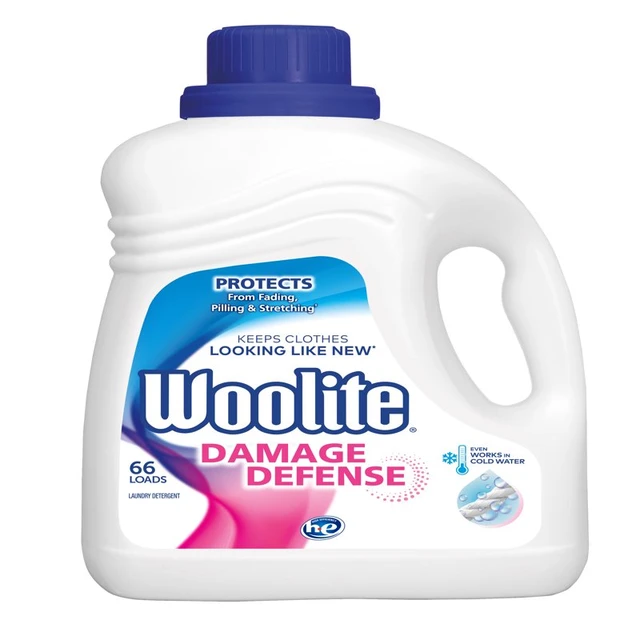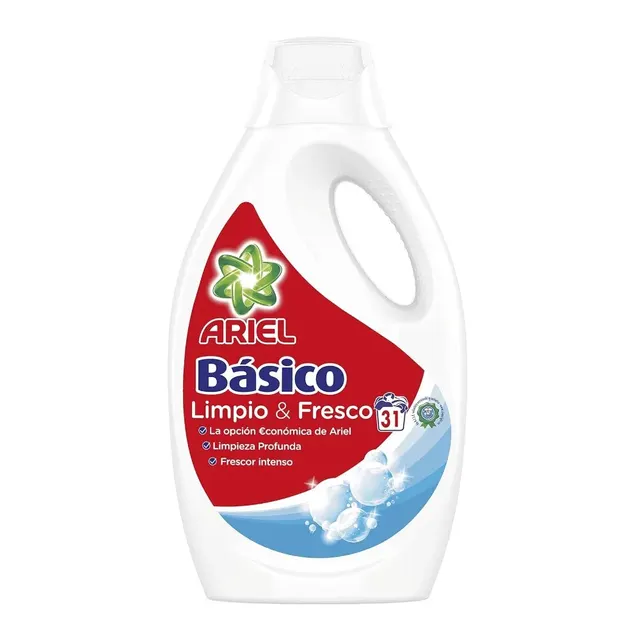 Introduction:
Introduction:
Laundry detergent is a necessary component for cleaning and freshening our clothes. However, like any household product, laundry detergent can lose its effectiveness over time. Understanding how long laundry detergent is good for is important to ensure that your clothes are cleaned effectively and efficiently. In this comprehensive guide, we will explore the factors that affect the shelf life of laundry detergent, signs of detergent deterioration, best storage practices, and tips for prolonging the effectiveness of your laundry detergent. By understanding these aspects, you can confidently use laundry detergent that is within its optimal shelf life and achieve clean and fresh-smelling laundry.
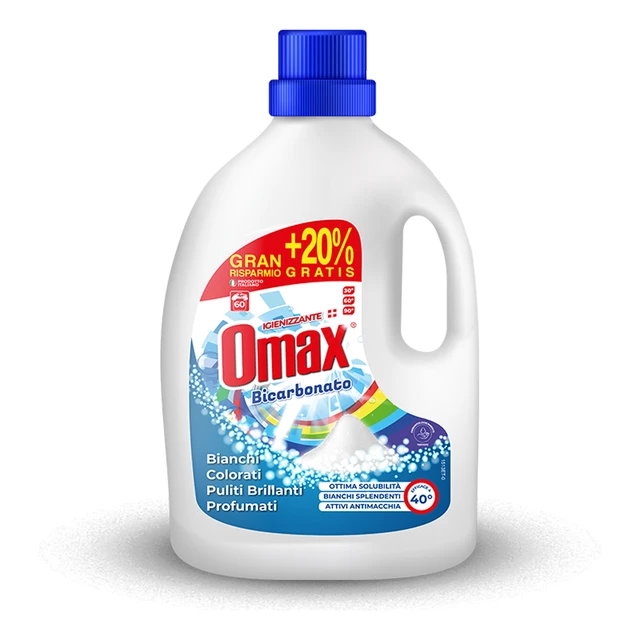 Several types of laundry detergents:
Several types of laundry detergents:
There are several types of laundry detergents available on the market. Here are some common types:
Powder Detergent:
Powder detergents are one of the most traditional and widely used types of laundry detergents. They come in powder form and are typically used for regular washing machines. Powder detergents are known for their effectiveness in removing stains and dirt.
Liquid Detergent:
Liquid detergents are popular for their ease of use. They come in liquid or gel form and can be used in both regular and high-efficiency washing machines. Liquid detergents are effective in cleaning a variety of fabrics, and they often come in a range of scents and formulas designed for different fabric types and washing conditions.
Pod or Pack Detergent:
Pods or pack detergents are pre-measured single-use pods or packs that contain both detergent and other additives like fabric softener or stain removers. They are convenient to use, as you simply toss them into the washing machine without measuring or pouring. Pods are typically used in standard or high-efficiency washing machines.
High-Efficiency Detergent:
High-efficiency detergents are specifically formulated for high-efficiency washing machines, which use less water and operate at different washing cycles compared to regular machines. These detergents are designed to produce less suds and rinsing quickly, making them suitable for efficient cleaning in these machines.
Eco-Friendly or Plant-Based Detergent:
Eco-friendly or plant-based detergents are made from natural or biodegradable ingredients, reducing their impact on the environment. They are often formulated to be free from harsh chemicals, dyes, and artificial fragrances, making them a suitable choice for individuals with sensitivities or allergies.
Specialty Detergents:
Specialty detergents are designed for specific purposes, such as baby laundry detergents for gentle cleaning on baby clothes, sports detergents for removing tough stains and odors from activewear, or hypoallergenic detergents for individuals with sensitive skin.
The choice of laundry detergent typically depends on personal preferences, washing machine type, fabric types, and specific needs or concerns (e.g., allergies, environmental impact). It’s important to follow the manufacturer’s instructions and recommended usage for optimal cleaning results.
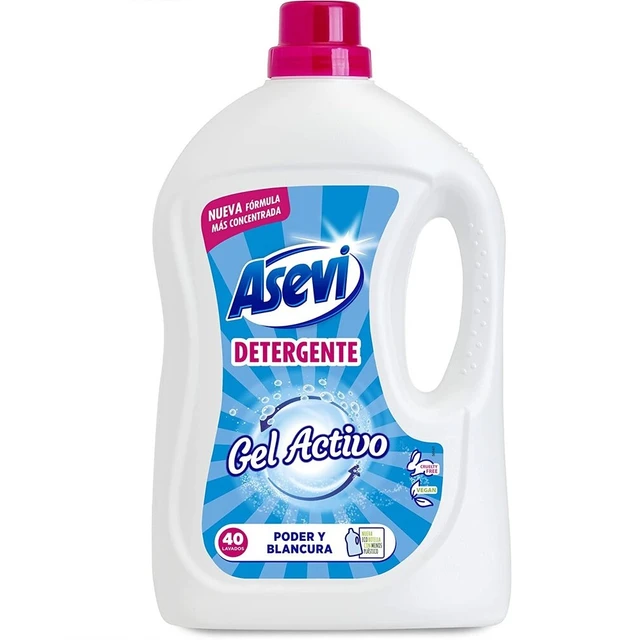 Factors Affecting the Shelf Life of Laundry Detergent
Factors Affecting the Shelf Life of Laundry Detergent
Composition and Ingredients:
Different formulations of laundry detergents may have varying shelf lives.
Factors such as the presence of enzymes, fragrances, and preservatives can influence the stability and longevity of the detergent.
Packaging:
The packaging of laundry detergent plays a crucial role in preserving its quality.
Properly sealed, airtight containers help prevent exposure to moisture and extend the shelf life.
Storage Conditions:
The storage conditions, including temperature and humidity, can impact the shelf life of laundry detergent.
Extreme temperatures or exposure to sunlight can degrade the detergent and reduce its effectiveness.
Signs of Detergent Deterioration
Separation:
Deteriorated detergent may appear separated, with the layers of liquid and solids visibly separated.
This separation indicates that the ingredients have become unstable or inactive.
Changes in Smell or Color:
If the detergent has a strong, unpleasant odor or has changed in color significantly, it may indicate deterioration.
Foul or rancid smells can be a sign of bacterial growth or degradation of fragrance additives.
Loss of Cleaning Power:
Deteriorated detergent may not effectively remove stains, dirt, or odors.
If your laundry is not getting clean despite regular detergent use, it may be a sign that the detergent has lost its cleaning power.
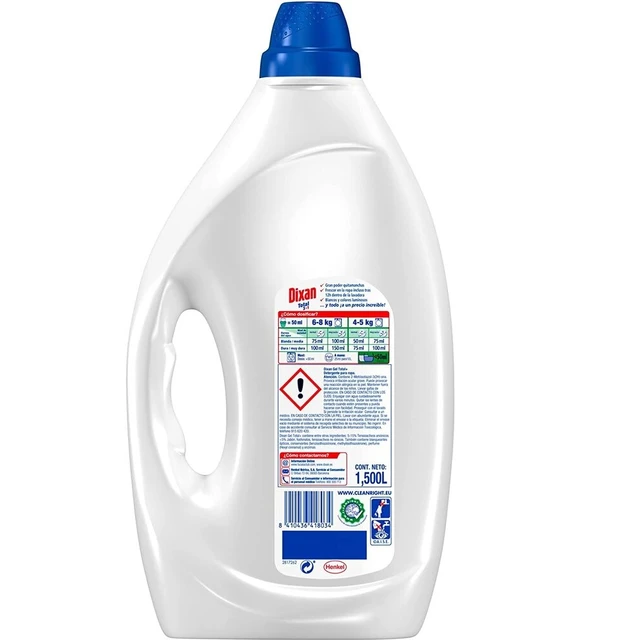 Several potential hazards and impacts:
Several potential hazards and impacts:
Using expired or spoiled laundry detergent can have several potential hazards and impacts:
Reduced Cleaning Efficiency:
Expired or spoiled laundry detergent may lose its effectiveness in cleaning clothes. It may not properly dissolve or break down stains, dirt, and grime, resulting in less efficient cleaning and potentially leaving residue on the clothes.
Stains and Discoloration:
Using spoiled laundry detergent can cause stains or discoloration on clothes. It may contain chemicals that have degraded over time, leading to color fading or the deposition of unwanted substances on the fabric.
Skin Irritation and Allergic Reactions:
Spoiled laundry detergent may contain harmful or irritating substances that can cause skin irritation, itching, or allergic reactions. This is especially true for individuals with sensitive skin or allergies.
Respiratory Issues:
Using expired or spoiled laundry detergent may release unpleasant odors or volatile compounds into the air during the washing process. Inhaling these substances can potentially trigger respiratory issues, such as coughing, wheezing, or difficulty breathing, particularly for individuals with pre-existing respiratory conditions or sensitivities.
Environmental Impact:
Some laundry detergents may contain ingredients that can have adverse effects on the environment. Using expired or spoiled detergent may increase the release of these substances into waterways, potentially harming aquatic ecosystems.
Storage and Handling Practices
Store in a Cool, Dry Place:
Keep your laundry detergent in a cool, dry area away from direct sunlight or extreme temperatures.
Ideally, store it in a cabinet or pantry where the temperature remains relatively stable.
Keep the Container Sealed:
Always ensure that the detergent container is tightly sealed after each use.
This prevents moisture from entering and helps preserve the quality of the detergent.
Use a Measuring Cup or Scoop:
Use a dedicated measuring cup or scoop for dispensing the detergent.
This reduces the chance of introducing moisture or contaminants into the detergent container.
Tips for Prolonging Detergent Effectiveness
Purchase in Reasonable Quantities:
Avoid buying excessive amounts of laundry detergent that you won’t use within a reasonable timeframe.
Buying in smaller quantities reduces the risk of detergent deterioration.
Rotate Stock:
Follow the “first-in, first-out” principle by using older stock before newer purchases.
This ensures that you are using the oldest detergent first, reducing the chances of using expired or deteriorated detergent.
Conduct Regular Detergent Check:
Periodically inspect your detergent for signs of deterioration, including separation, changes in smell or color, and loss of cleaning power.
Replace any deteriorated detergent promptly.
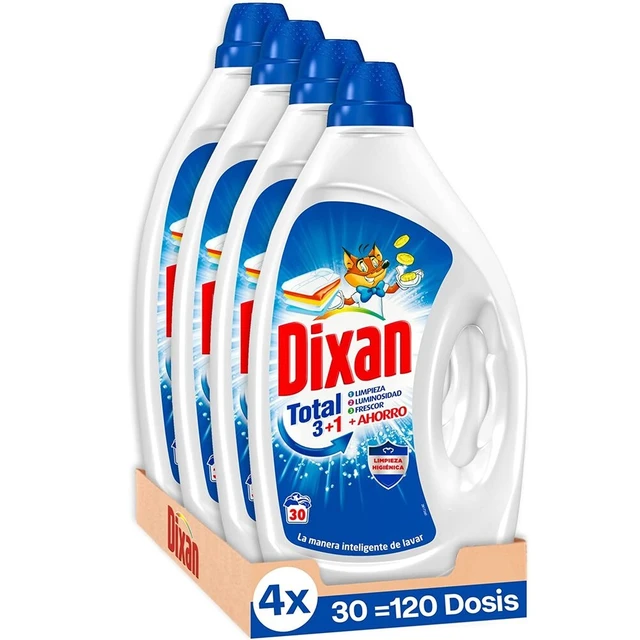 Conclusion:
Conclusion:
Understanding how long laundry detergent is good for is essential for achieving clean and fresh laundry. By understanding the factors that affect shelf life, recognizing signs of deterioration, and employing proper storage and handling practices outlined in this comprehensive guide, you can confidently use laundry detergent within its optimal effectiveness. Proper storage, rotation of stock, and regular checks ensure that you are using laundry detergent that is capable of providing clean, fresh-smelling results. Let this guide serve as a valuable resource in prolonging the effectiveness of your laundry detergent, allowing you to enjoy clean and fresh laundry for an extended period.
